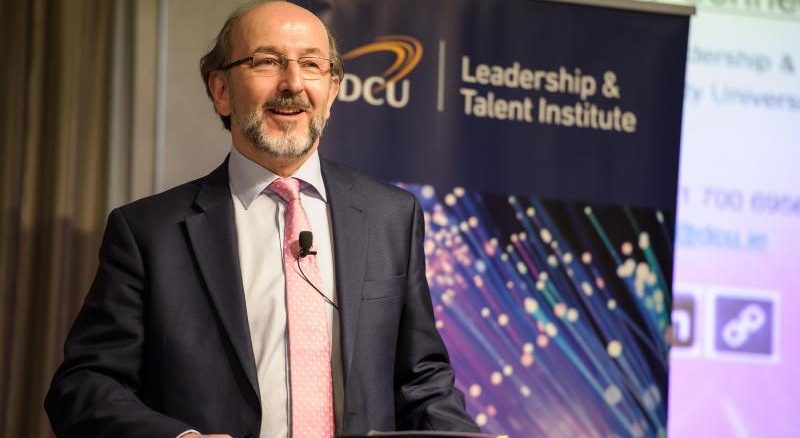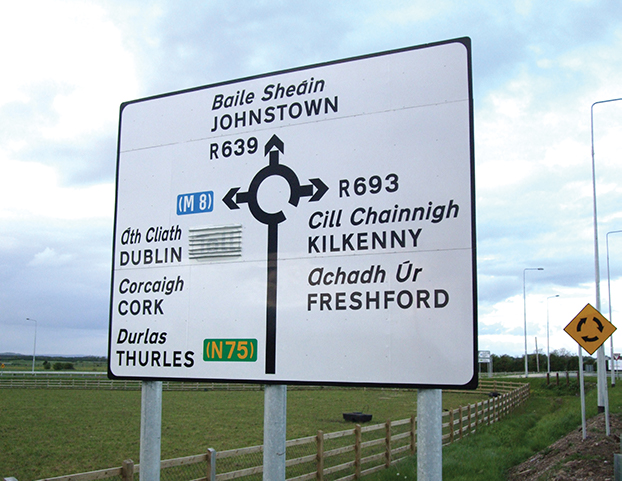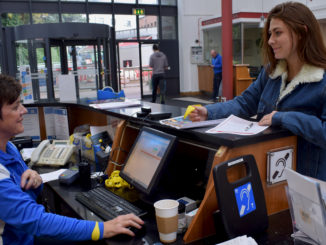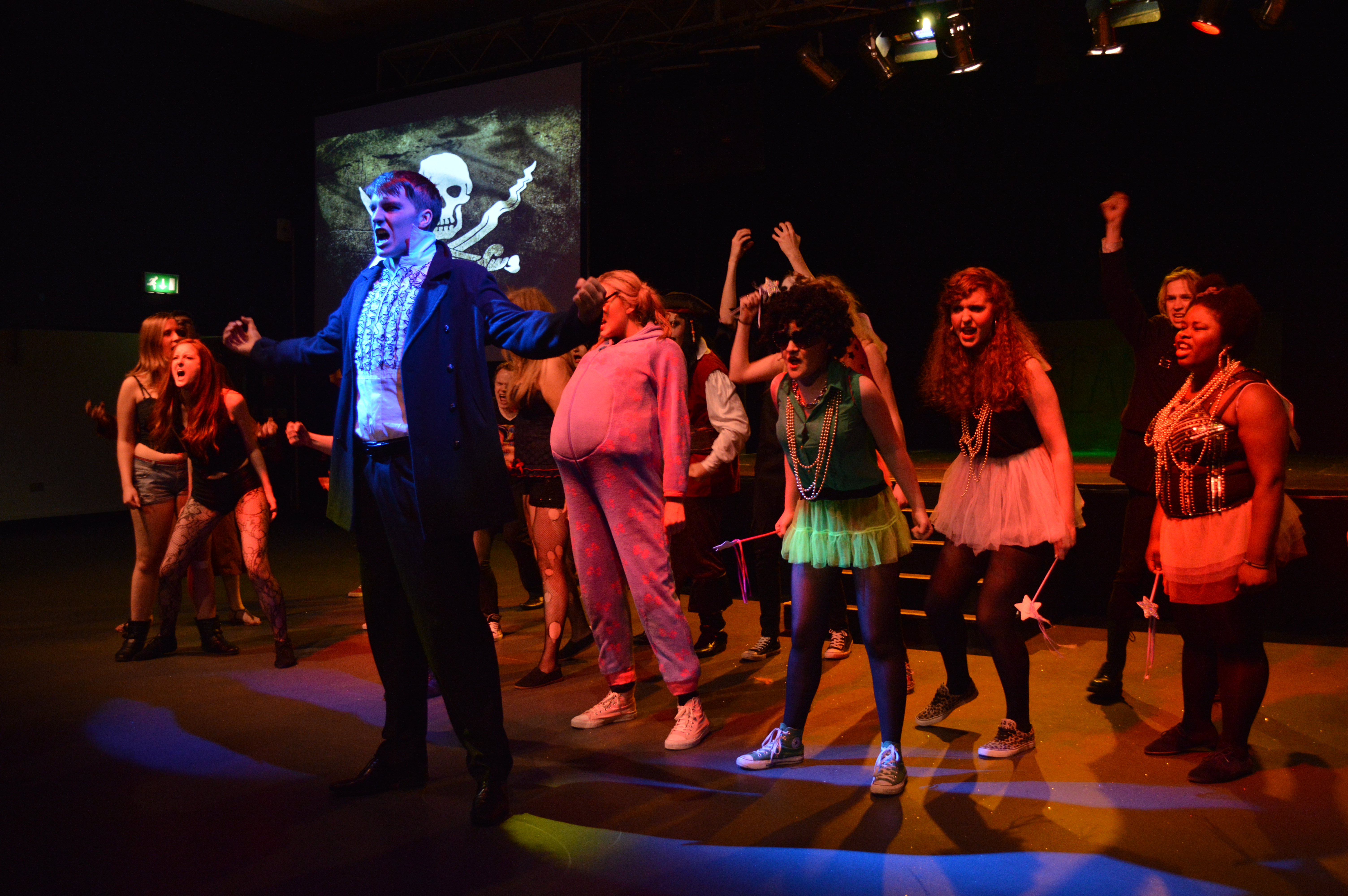
[dropcap]A[/dropcap] new DCU is slowly being born following years of hope, vision, innovation and hard work. The crop has come in to harvest and, DCU President Brian MacCraith admits, we are now beginning to reap its rewards.
“Today is about celebrating success and celebrating the contributions of all members of the DCU community” he began his address.
The 2016/17 Dublin City University Annual Review featured more change than usual this year, with success across all boards from students and academic staff trumped only by external structural change in light of the long awaited Incorporation Programme as well as continued campus redevelopment, current campus expansion, and a new Student Hub to name but a few.
New staff from St. Patrick’s College Drumcondra, Mater Dei and the Church of Ireland College of Further Education were given a warm welcome by the President. They will now call themselves staff of DCU, as will their pupils now as DCU students.
The college has increased its student base from 13,732 last year to 16,000 forecasted for this academic year, commencing on September 19th, meaning that even before Incorporation, DCU was Ireland’s fastest growing university.
The President was keen to highlight the university’s success over the past twelve months, despite this week’s QS World University Rankings which show all but one Irish university dropping places – DCU falling 27 places from 353rd to 380th – with Professor MacCraith later repeating the call of UCD President Andrew Deeks and Trinity College Dublin President Patrick Prendergast of the Government’s need to invest emergency funding into third level education.
Also highlighted were the reasons why DCU is growing at such a rapid rate. A recent €100 million investment project for the strategic advancement of the college shows just how far it has come from its days of 200 students in Albert College Park in the 1980s – the old building still standing as a historic artifact of its recent past and a permanent contrast of how far it has come mixed with the present tide of change which will see even the college’s oldest structure renovated.
The multi-million euro campaign aims to promote DCU in the fields of healthcare, education, democracy and resources and will be headed by the new Student Centre which, he says, will act as a hub of leadership, life-skills, global engagement & innovation, entrepreneurship as well as arts and culture.
On top of this is the recently announced €230 million campus development plan across all four of DCU’s campuses which will facilitate the construction of a nano-bio research centre, extensions to the Lonsdale and Stokes buildings, new student residences, public realms and a refurbishment of the Albert College building, all on the Glasnevin campus alone.

St. Patrick’s Drumcondra will see construction of two new floors on its F Building in order to accommodate students of Incorporation from Mater Dei, while the All Hallows Campus too will be given an extensive refurbishment.
The President reflected on a year which saw DCU staff elected to Membership in the Royal Irish Academy, win an RIA Gold Medal in the field of Engineering Sciences, and receive a Presidential Lifetime Award from US President Barack Obama for services to education on top of over €8 million in individual research awardings alone.
These achievements, he said, are why he aims to improve on DCU’s rating of research-active staff from this year’s 68 per cent to 75 per cent by the end of 2017.
Responding to claims he said are often used against DCU as being a university capable of highlighting its own achievements without a basis for its students having a multiplier impact on the wider economy, the President referred to the recent Economic Impact study conducted by Dr Qiantao Zhang, Research Fellow at TCD.
The study shows DCU second only to Imperial College London, and ahead of all other Irish colleges, in Type II Economic Multipliers defined as ‘the change in total output for the economy as a whole resulting from a unit change in the final demand for that sector’ in terms of output, income, employment and gross domestic product of the graduate.

“Even this past year we are the fastest growing Irish university and that will increase again next year. In the midst of a day when the focus is on the sliding Irish universities in the world rankings, it’s still important to remind ourselves that we are still at number 44 in the top 50 young universities in the world”, he added.
2016/17 promises to be an incredible year for the university on top of what has been put in place already. Future blueprints of a new strategic plan, new sports strategy, research developments, honorary doctorates and prominent visitors will all be rolled out in due course.
After years of promise and wait, the NewDCU appears finally to be taking shape. Its final form is yet unknown, its future potential seemingly unlimited.
Aaron Gallagher




Leave a Reply